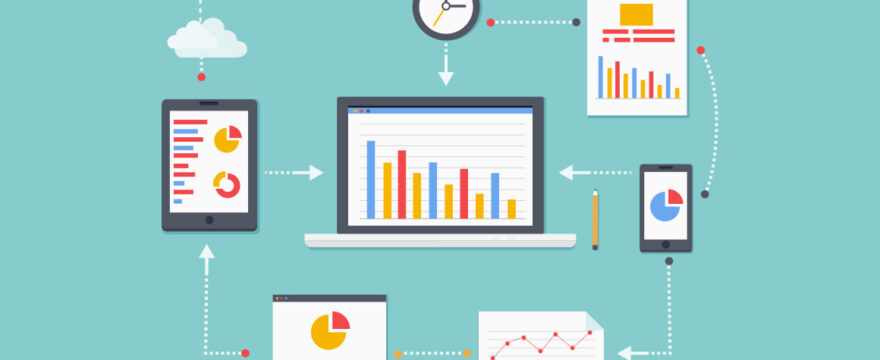
Collecting information about consumers has gotten easier thanks to modern technology. Businesses have so many digital platforms and tools they can access to retrieve pertinent information on their target audience. When this data is collected, organized, analyzed, and used in an efficient manner, it can greatly enhance marketing campaigns, resulting in a higher ROI. Unfortunately, many businesses fail to incorporate data into their advertising efforts and as a result, lose to the competition.
Data-Driven Marketing
So, what is data-driven marketing? It’s a strategy in which businesses utilize the information collected from their target audience to customize their marketing and predict purchasing behaviors that ultimately increase consumer engagement and experience.
Advantages Of Data-Driven Marketing
Why should brands incorporate consumer data into their marketing efforts? Below are a few of the advantages.
- Personalized Experiences – In the world of marketing, sending the appropriate message to the right audience is everything. People aren’t interested in visiting websites, receiving promotional offers, let alone, making a purchase with a company that has no idea who they are or what their needs are. By using the right data collection channels and integrating it into your marketing efforts, you make the experience personal, which increases conversion rates.
- Better Products And Services – When you take a data-driven approach to marketing, it can essentially help you improve your products and services. The more you get to know about your target audience on a broad and personal level, the easier it becomes to understand their needs. When you know what’s in demand, you can make changes to your products and services. For instance, you may learn through surveys, polls, and other channels that your target audience prefers online shopping. If that’s the case, you can consider establishing an eCommerce site to meet their needs.
- Enhanced Consumer Relationships – Today’s consumers want to do business with brands they’ve built a connection with. What better way to strengthen your relationship with your target audience than to collect and apply data to your marketing campaign? It creates a sense of trust and closeness that ultimately results in loyal customers.
Creating A Data-Driven Marketing Campaign
Now that you know what data-driven marketing is and how it can benefit your business, let’s go over a few basics to begin developing an effective campaign.
- Define Your Goals – Start by defining your goals. When you know what you’re trying to accomplish, it helps you determine which data is most important and how you’ll use it.
- Select Your Channels And Gather Data – Next, select the channels you want to use to collect consumer data. You can use your website, social media page, email lists, customer service database, and more. Then, begin collecting information that’s relevant to your goals.
- Organize And Analyze Data – When you’re acquiring data from so many channels, you need to get organized. Develop a master data management strategy to make collecting, organizing, and assessing information easier. Then review the data, extract what’s necessary, and develop insights about your target audience. If you’re not well-versed in this area, it’s best to consult a marketing agency or hire someone in-house who can assist you.
- Choose Ideal Marketing Platforms – You have your goals, you’ve collected data, and you’ve analyzed the information to learn more about your target audience. The next step is selecting the right marketing platforms to begin your campaign. Ideally, you want to select both digital and traditional mediums to accommodate consumers of varying preferences.
- Apply Data To Your Campaign – Before you launch your marketing campaign, use the findings from your analysis to make necessary changes. For instance, if you learn that your target audience is middle-aged adults, you might steer clear of using hashtags or trendy phrases to catch their attention.
Consumer data is an essential asset to businesses in all industries. It is a glimpse inside the lifestyles, needs, and interests of your target audience. When used adequately, data can help improve your marketing efforts for a higher ROI. Use the suggestions listed above to begin developing a data-driven marketing campaign that propels your brand to the next level.
